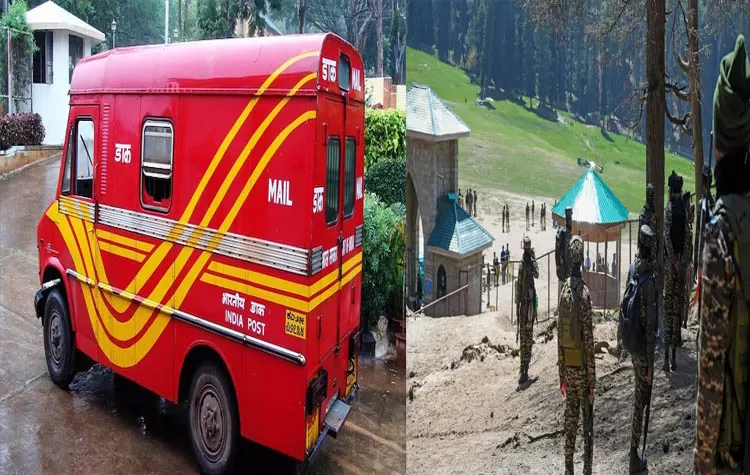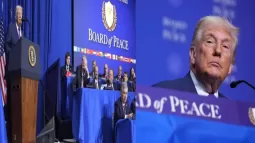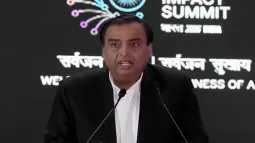
Following the terror attack at Pahalgam earlier this week where several civilian lives were lost, India has stepped up action against Pakistan. The Indian Government cancelled postal and parcel facilities between the two nations and cut off air and land communication lines. This comes on the heels of a wider diplomatic and economic blockade to make Pakistan an international pariah for alleged terrorist support.
India's action follows the suspension of trade activity and is another sign of a shift towards enhancing bilateral relations. The ban on communication is one of a string of quick and wide-ranging actions taken to indicate India's firm stance against cross-border terrorism.
India Expands Trade Sanctions and Shuts Sea Routes
As a response to suspension of mail and parcel materials, the Indian government has also further restricted maritime and trade routes. Pakistani-flag ships have been blocked from an Indian port call. Indian-flag vessels, on the other hand, are not allowed to call Pakistani harbors. The restrictions went into effect instantly, showing that India is set to cut the logistical and business links with its neighboring country.
The sea border closure of India is accompanied by age-old bans on Pakistani imports, both direct and indirect. Calculated escalation means additional attempts to regulate cross-border trade and demonstrate India's strong diplomatic stand. Restriction on already existing airspace denial avoids Pakistani aircraft overflying Indian airspace, adding layers to the strategy being followed.
Possible Export Restrictions and Economic Retaliation
Apart from halting trade and transport links, India is also contemplating restrictions on chosen exports to Pakistan. Electronics and e-commerce exports are in the pipeline, with official sources indicating new restrictions would be introduced shortly. The steps are intended to control access to Indian digital goods and services, further pushing the boundaries of economic disengagement.
This cascade of actions follows the April 22 Pahalgam attack in which militants wielding arms struck a group of tourists and murdered 26 individuals. India has suspended the implementation of the Indus Water Treaty and additionally has also fixed a time frame for the evacuation of the Pakistan nationals. These steps are part of a larger policy approach of exerting diplomatic and economic pressure on Pakistan.
Diplomatic Pressure on Global Forums
India is definitely not lagging behind in trying to rekindle the world's interest in Pakistan's fight against terrorism. One of the most important objectives is to push Pakistan to be re-listed on the Financial Action Task Force (FATF) grey list. Reclassification can limit Pakistan's access to global financial networks and foreign capital. Indian officials are also attempting to get the International Monetary Fund (IMF) to re-consider a scheduled financial aid package to Pakistan.
The policy clarifies India's transformation from reactive defense to proactive deterrence. Through the assistance of international institutions, India seeks to limit economic aid and international support for Pakistan until it initiates verifiable action against terrorist groups within its own nation.
Policy Objectives and Security Implications
India's recent actions have been described by observers as a long-term policy change. Postponement of postal and naval exchanges is an overt indication of zero tolerance for state-sponsored terror. These actions are not symbolic—they involve logistics, business, and diplomatic channel consequences, which add to the pressure on Pakistan in these different areas.
National security officials said the restrictions would cut all extraneous contacts, to cut off any indirect nourishment through commerce or services. This comes on the heels of India's overall regional policy of ring-fencing itself and asserting diplomatic hegemony following confrontation.













